“ I know you think you understand what you thought I said but I’m not sure you realize that what you heard is not what I meant” ― Alan Greenspan
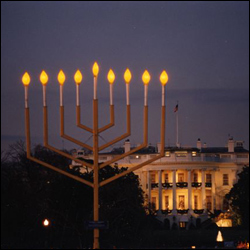 Last week I went to the White House to meet with the Special Assistant to the President with the JCRC and Women’s Philanthropy Division of the Jewish Federation of Greater Philadelphia. Respectfully but rather forcefully we advocated for our concerns over the issues of DACA, Gun Violence, BDS, Anti-Semitism, and SNAP. I know we did not change the administration’s opinion, but we gave voice inside the halls of power to our values. Sometimes we do not do speak constructively and what we think we are saying is not the message heard. There is an important example of this making its way around social media.
Last week I went to the White House to meet with the Special Assistant to the President with the JCRC and Women’s Philanthropy Division of the Jewish Federation of Greater Philadelphia. Respectfully but rather forcefully we advocated for our concerns over the issues of DACA, Gun Violence, BDS, Anti-Semitism, and SNAP. I know we did not change the administration’s opinion, but we gave voice inside the halls of power to our values. Sometimes we do not do speak constructively and what we think we are saying is not the message heard. There is an important example of this making its way around social media.
An anonymous rabbi is attributed as responding to a White House request for a Menorah with a rebuff saying that the current administration is antithetical to everything the holiday and menorah represent, so their menorah is not available.
I believe this message does not take the moral high ground, and instead sounds preachy and filled with a self-righteous arrogance that makes dialogue impossible. The story resonates only for those who already believe it. But for everyone else, the message is negative, generating pushback and defiance, not a moment of teaching and potential rapprochement.
Those of us who believe that the current administration undermines important Jewish values need to speak truth to power but to do so respectful of the institution and with the hope of carrying the message to not merely protest, but to hopefully persuade.
We are obligated to reach out to those with whom we disagree. Through building relationships and dialogue we might give insights and change viewpoints. We also are empowered to champion our causes publicly and we vote. These are sacred and important parts of what makes this an extraordinary country.
The only way our light will illuminate is if we cast it into the dark.

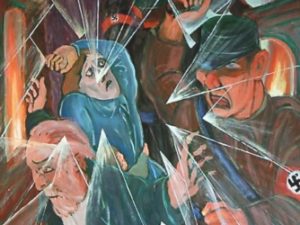

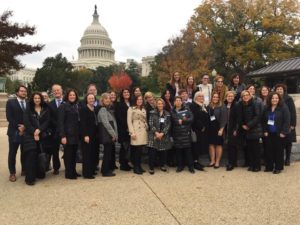
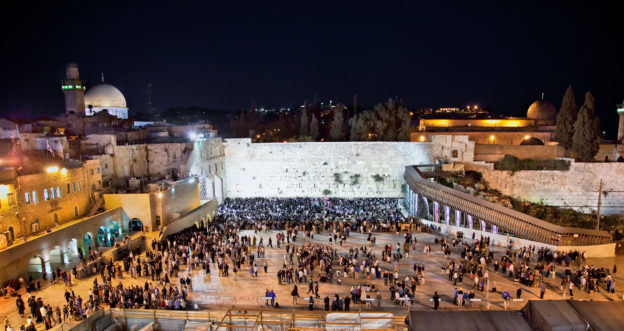
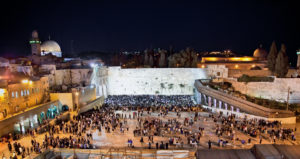

 Like most things meaning is often something we ascribe rather than something intrinsic. An eclipse is a fact of the physical world based on orbiting bodies and the shadows they cast when sun moon and earth interact. They are knowable and predictable.
Like most things meaning is often something we ascribe rather than something intrinsic. An eclipse is a fact of the physical world based on orbiting bodies and the shadows they cast when sun moon and earth interact. They are knowable and predictable.